Amateur Archaeologists Uncover Mysterious 12-sided Object From Roman Empire
A team of amateur archaeologists unearthed a thrilling discovery: a mysterious 12-sided metallic object dating back to the height of the Roman Empire. This find has ignited a wave of excitement among researchers, who are eagerly delving into its unknown purpose.
The Roman dodecahedron, discovered in the English countryside, is the latest in a long line of similar items that have perplexed researchers for centuries. While theories range from children’s toys to religious items, could the newest addition finally solve the mystery of these unique artifacts?
The Discovery of Roman Dodecahedrons in Europe
Roman dodecahedrons are not just any objects; they are unique 12-sided metallic wonders dating back to the height of the Empire, shrouded in mystery and intrigue.
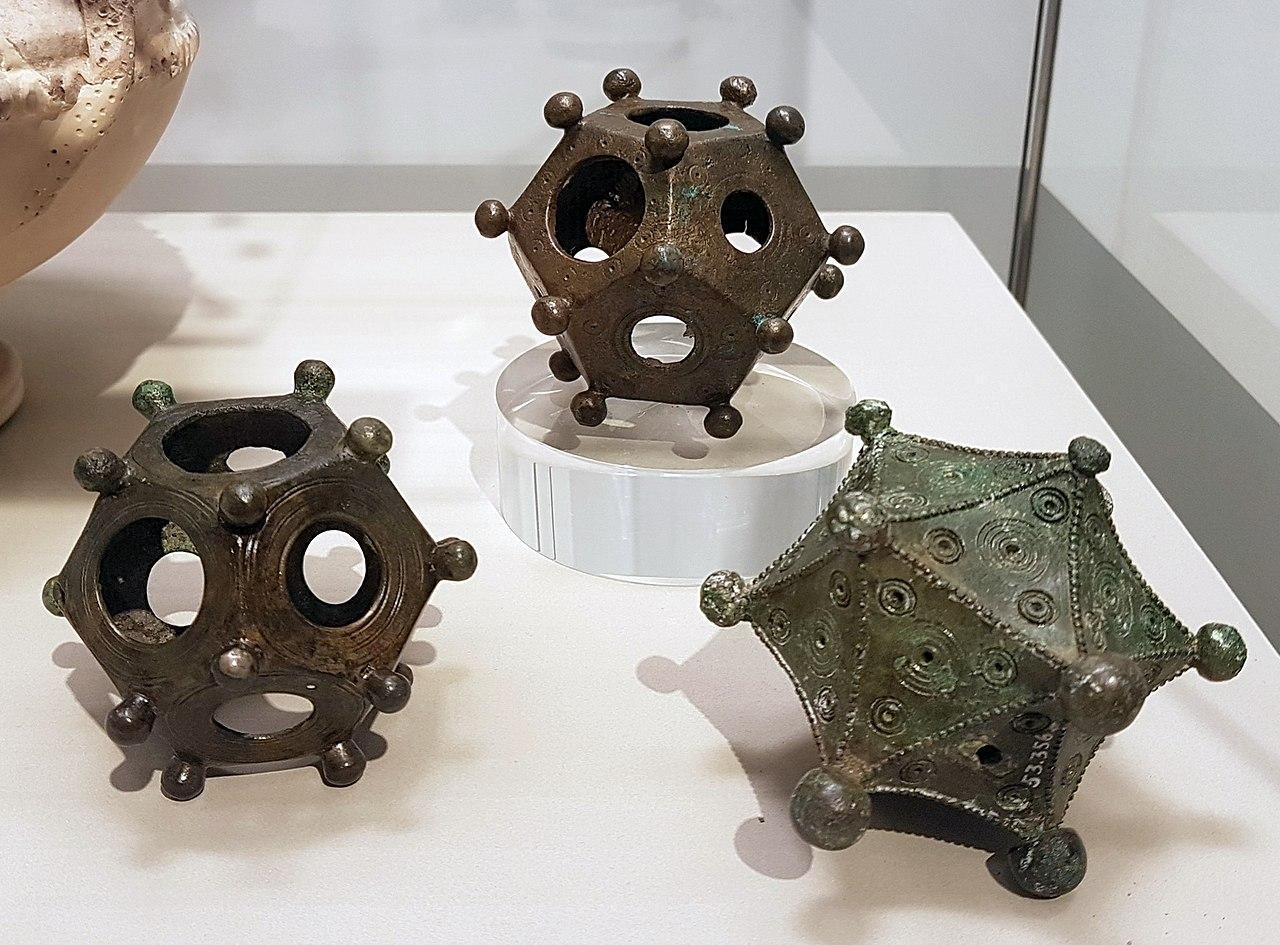
Source: Wikimedia
Over 100 of these strange artifacts have been unearthed across Europe, with one of the most recent coming from a field in the English countryside.
Discovery of Unusual Item in England
Amateur archaeologists working on behalf of the Norton Disney History and Archaeology Group were excavating a region around 100 miles south of London in the English countryside in the summer of 2023 when they unearthed the fascinating dodecahedron.
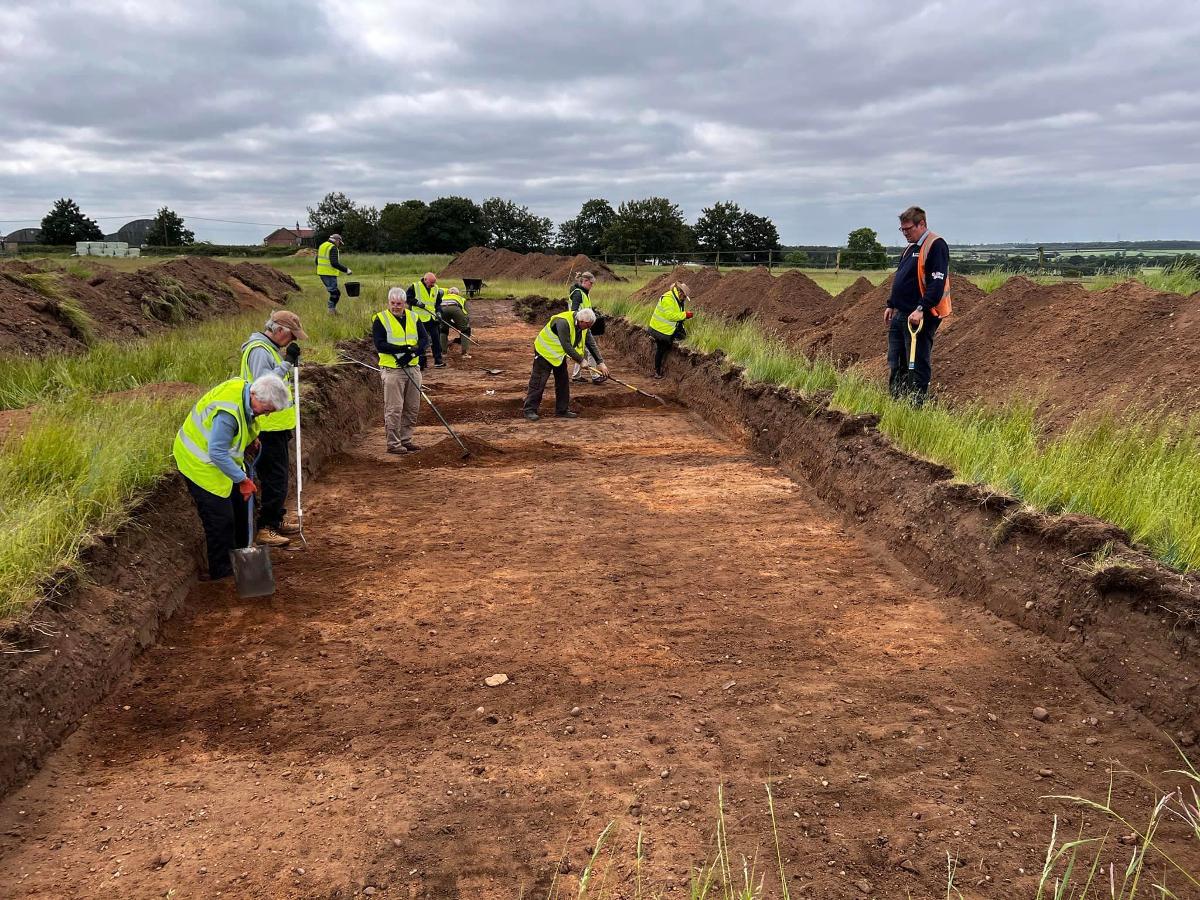
Source: Norton Disney History & Archaeology Group/Facebook
The artifact was discovered close to the ruins of an ancient Roman villa that stood in the Lincolnshire village of Norton Disney over 1,700 years ago, per The Smithsonian.
Researchers Shocked by the Discovery
Speaking with Live Science, the group’s secretary, Richard Parker, detailed the events that led to the discovery of the unique item.
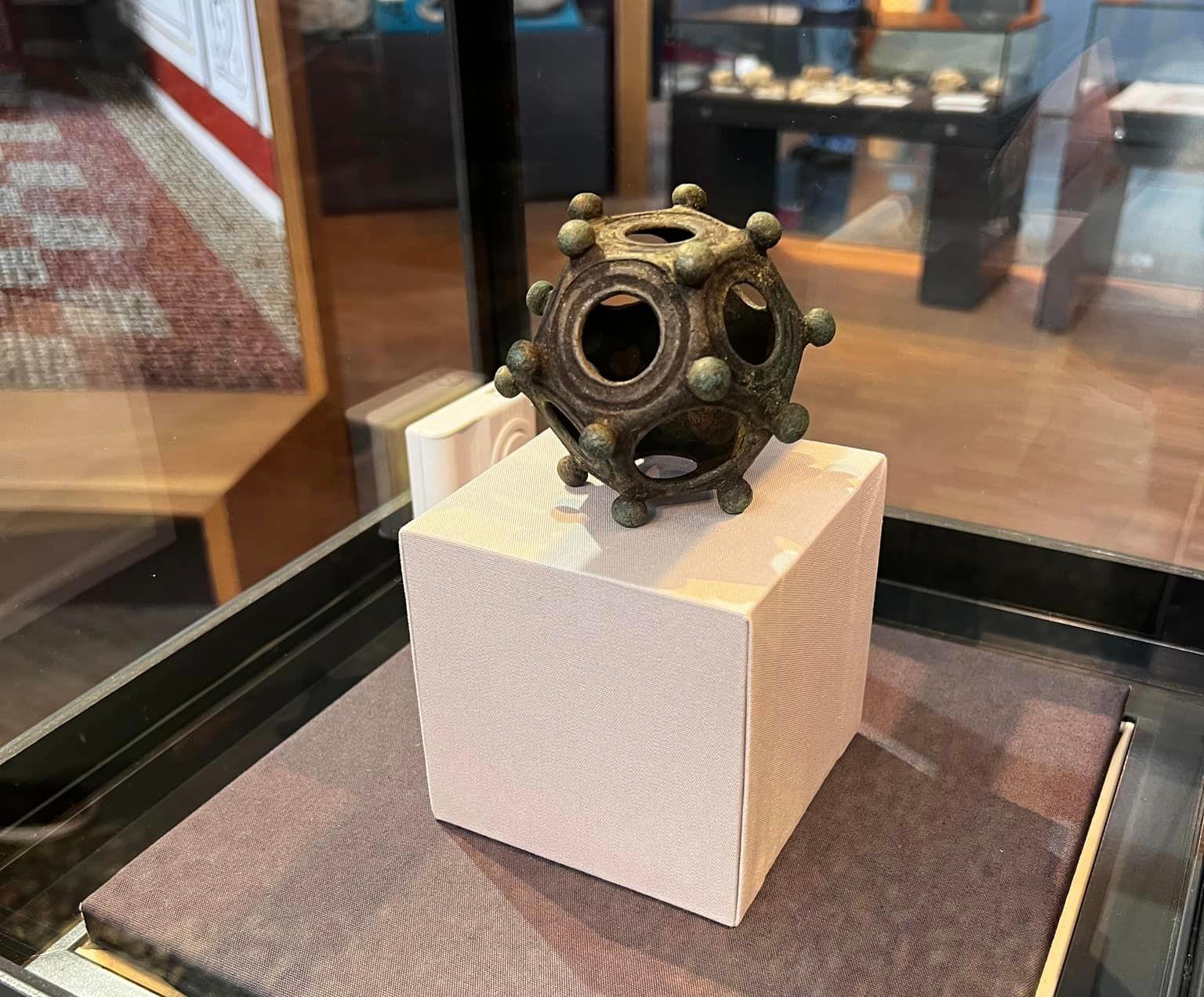
Source: Norton Disney History & Archaeology Group
The group had been searching the region for Roman artifacts, including coins and broaches. During the final few days, one of the volunteers unearthed the dodecahedron after scanning an area with a metal detector. “We were completely surprised by it,” said Parker.
The Find of a Lifetime
The small yet intricately designed metal object garnered the attention of everyone involved in the excavation. Park went on to call the discovery “the find of a lifetime.”
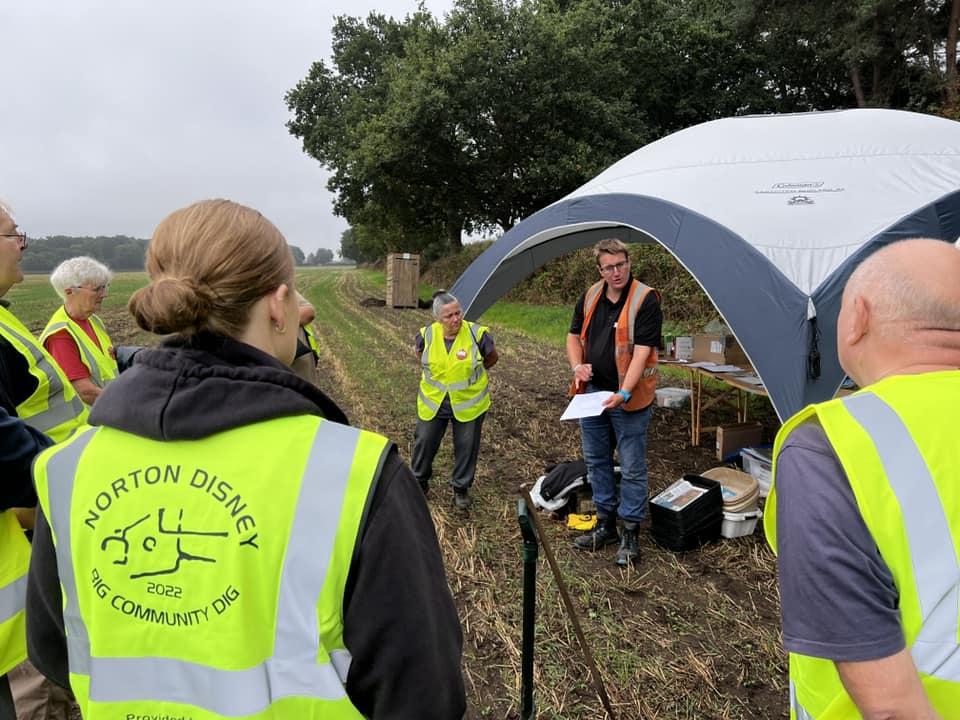
Source: Norton Disney History & Archaeology Group
He continued, “[Dodecahedrons] are one of archaeology’s great enigmas,” he says. “Our example is remarkable. It’s in an excellent condition—considering it’s been buried for 1,700 years—and complete with no damage.
Norton Disney Shares Details of Artifact
Norton Disney later shared a small article on their website explaining the dodecahedron. According to their analysis, the small item is around the size of a grapefruit and is composed of a copper alloy.
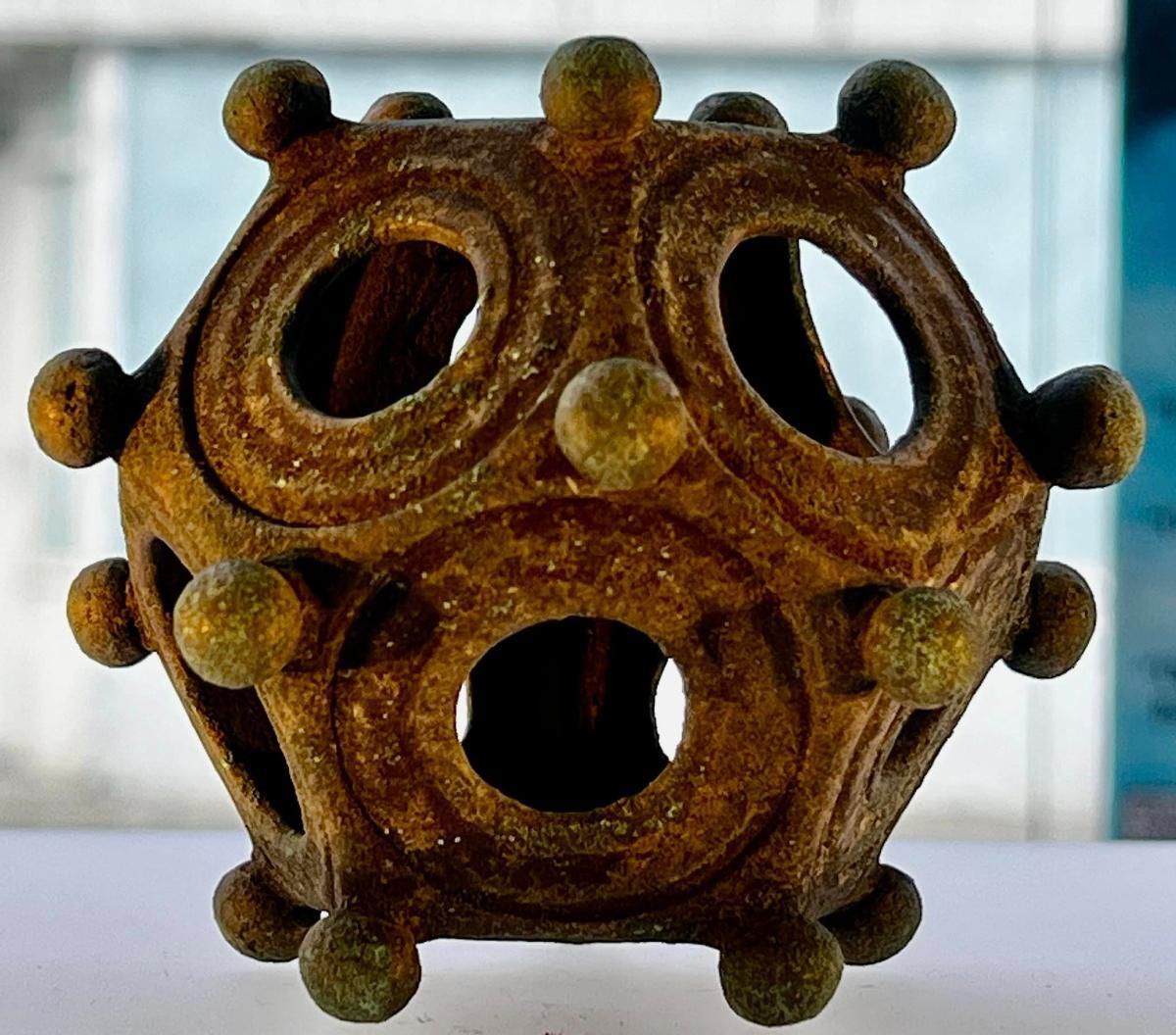
Source: Norton Disney History & Archaeology Group
According to the group, the recently discovered example brings the total number of dodecahedrons discovered in the United Kingdom to 33. However, over 130 have been unearthed at sites associated with the Roman Empire’s northwestern provinces.
Details of the Example Found in Southern England
The dodecahedron discovered in southern England is slightly larger than those found in other regions, according to Live Science.
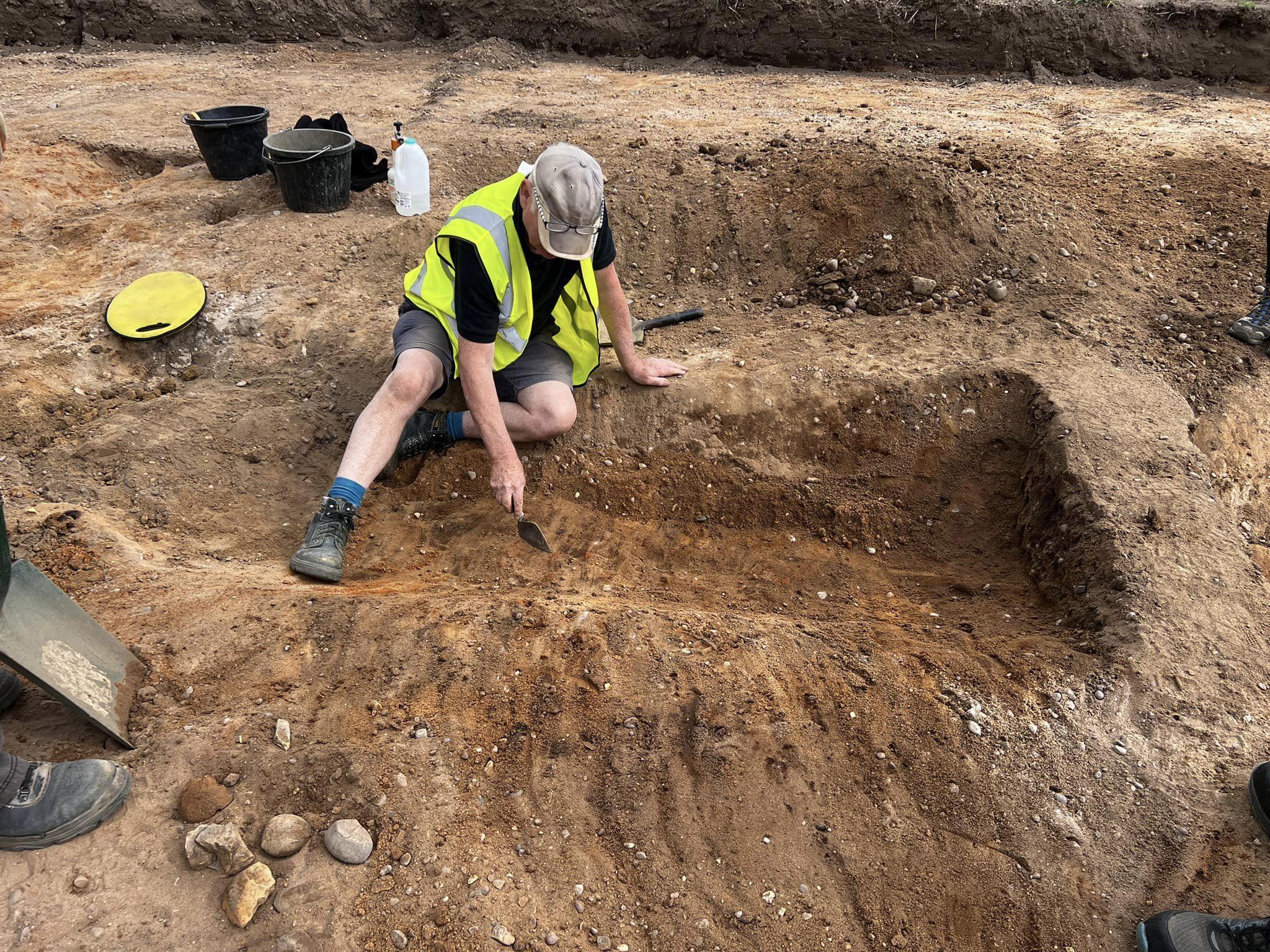
Source: Norton Disney History & Archaeology Group
“It is well cast, complete with no damage,” writes the group. “It is an example of very fine craftsmanship, finished to a high standard,” they wrote.
What Were the Dodecahedrons Used For?
Despite the first recorded discovery of a dodecahedron in 1739, researchers are still unsure about its original purpose.
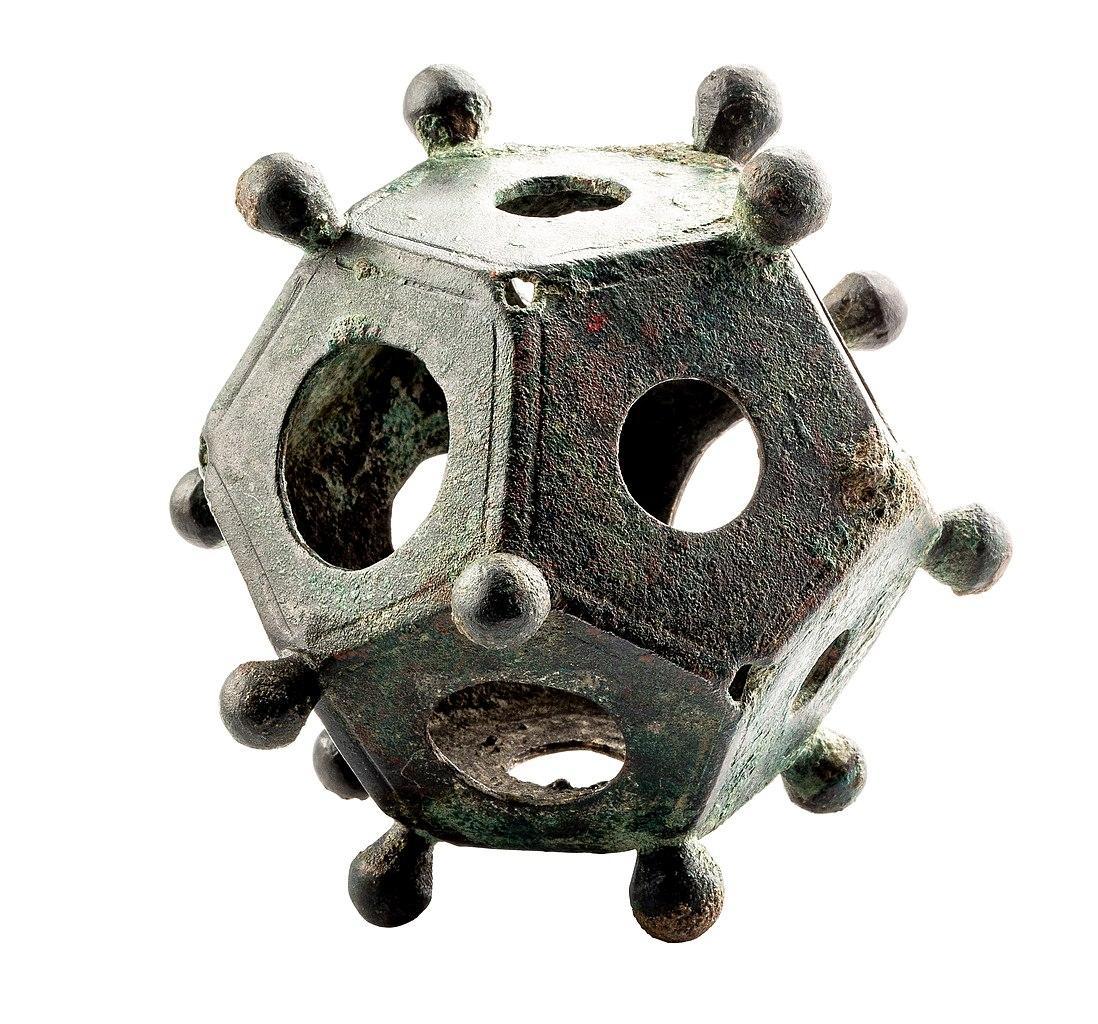
Source: Wikimedia
Archaeologists are sure many date back to the first century CE. However, because the Romans left no textual references to the unique items, we have been left in the dark so far as their functional use is concerned.
Researchers Struggle to Identify Original Use of Dodecahedrons
Frances McIntosh, an archaeologist specializing in artifacts from the Roman era, explained one reason researchers struggle to determine what the Romans used the metallic item for.

Source: Freepik
“The fact that many of them were found before scientific excavation started in the 20th century does hinder our understanding of them,” said McIntosh.
Measuring Devices or Weapons
Speaking on the topic, Smithsonian magazine’s Sarah Kuta said, “Nobody knows for certain how the Romans used them.”
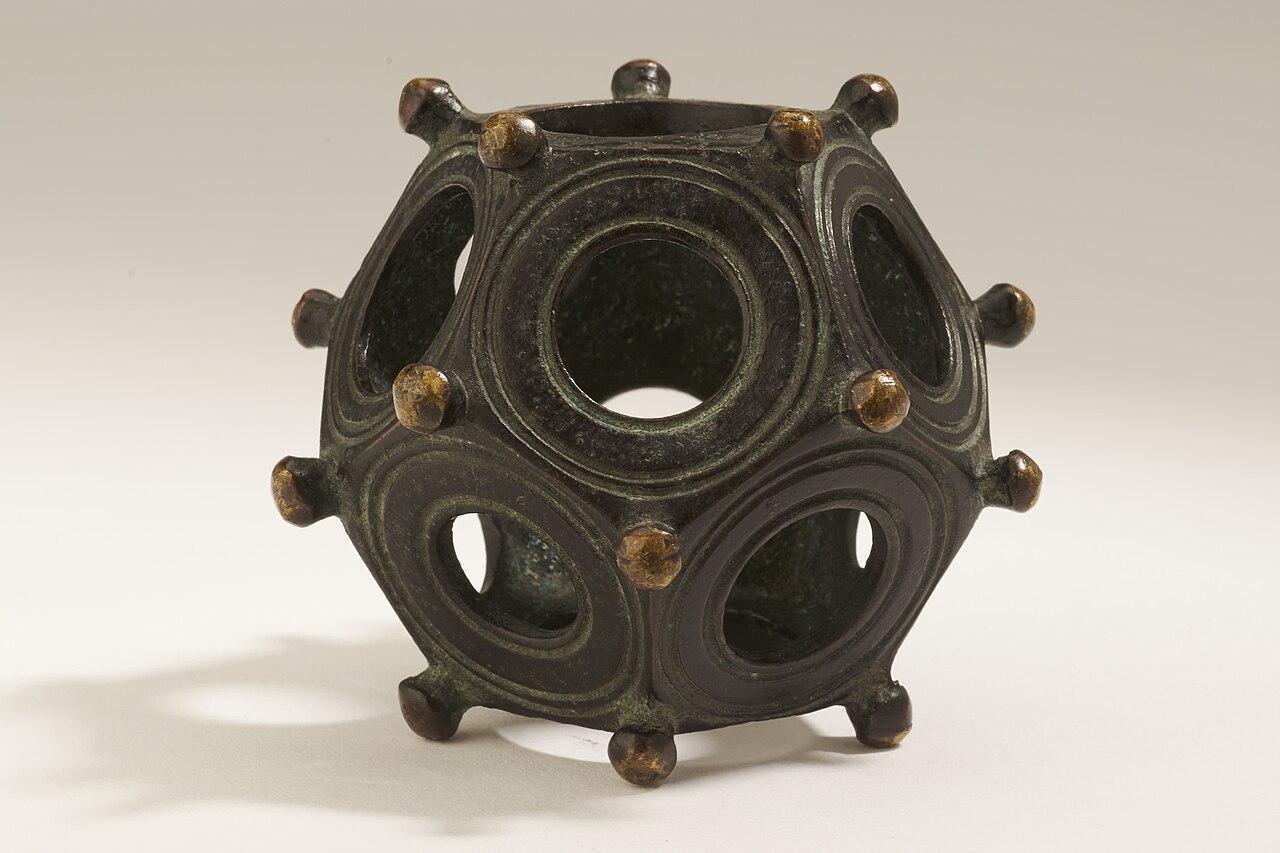
Source: Wikimedia
She continued, “Some theories are that they functioned as measuring devices, calendars, ornamental scepter toppers, weapons or tools.” Others have proposed that the tiny items were used in religious settings or as toys for children.
High Level of Craftsmanship Went Into Their Creation
The Norton Disney group explains the meticulous task of creating one of the highly complex artifacts, suggesting it couldn’t possibly be used for any mundane purpose.
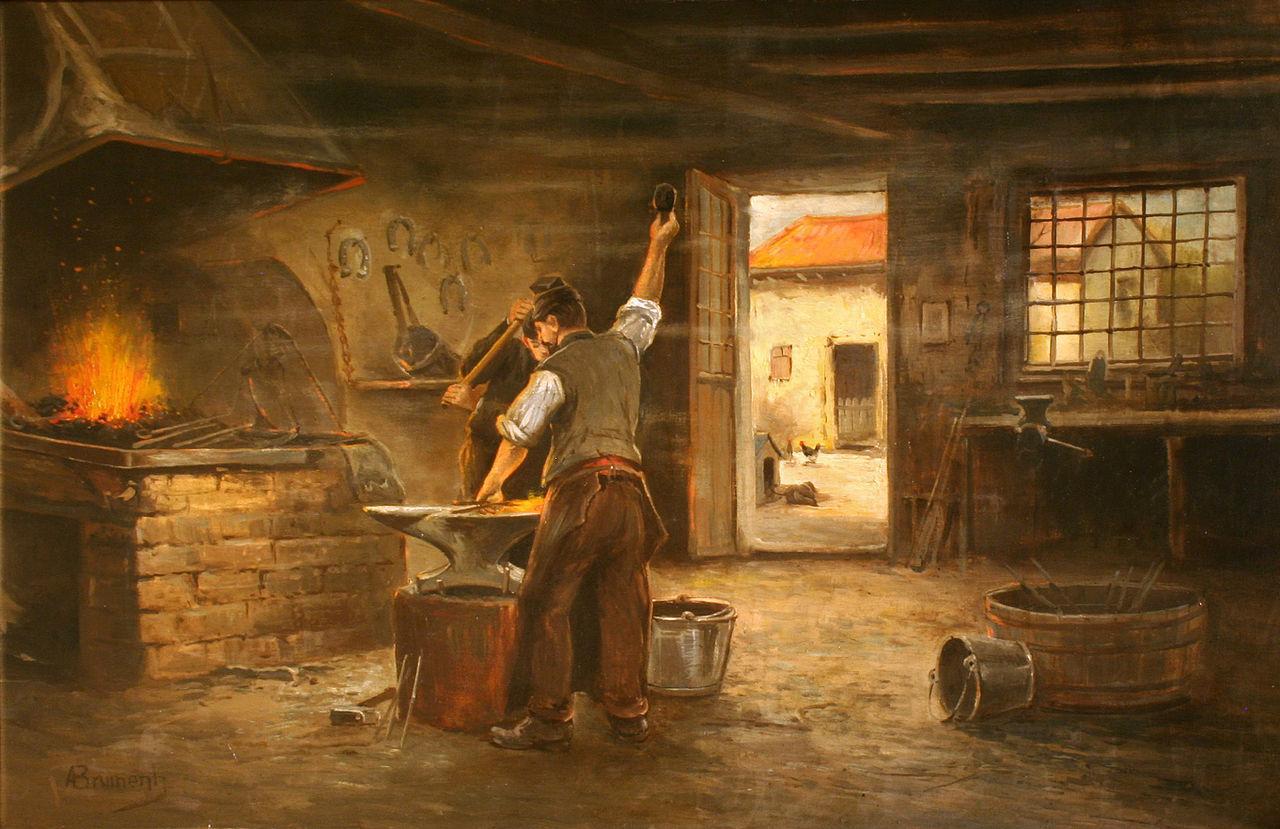
Source: Wikimedia
“A huge amount of time, energy, and skill was taken to create our dodecahedron, so it was not used for mundane purposes,” wrote the group, adding, “They are not of a standard size, so will not be measuring devices. They don’t show signs of wear, so they are not a tool.”
The Mystery of the Dodecahedrons Continues
Unfortunately, it seems unlikely that researchers will solve the mystery anytime soon. As no context can be sourced from Roman accounts, researchers will have to live with the mystery surrounding the dodecahedrons.

Source: Freepik
Nonetheless, Norton Disney put forward their own theory suggesting as “Roman society was full of superstition,” it likely had a religious purpose. They finished by admitting that further research is required before anyone can say for certain what the unusual artifacts were used for.
